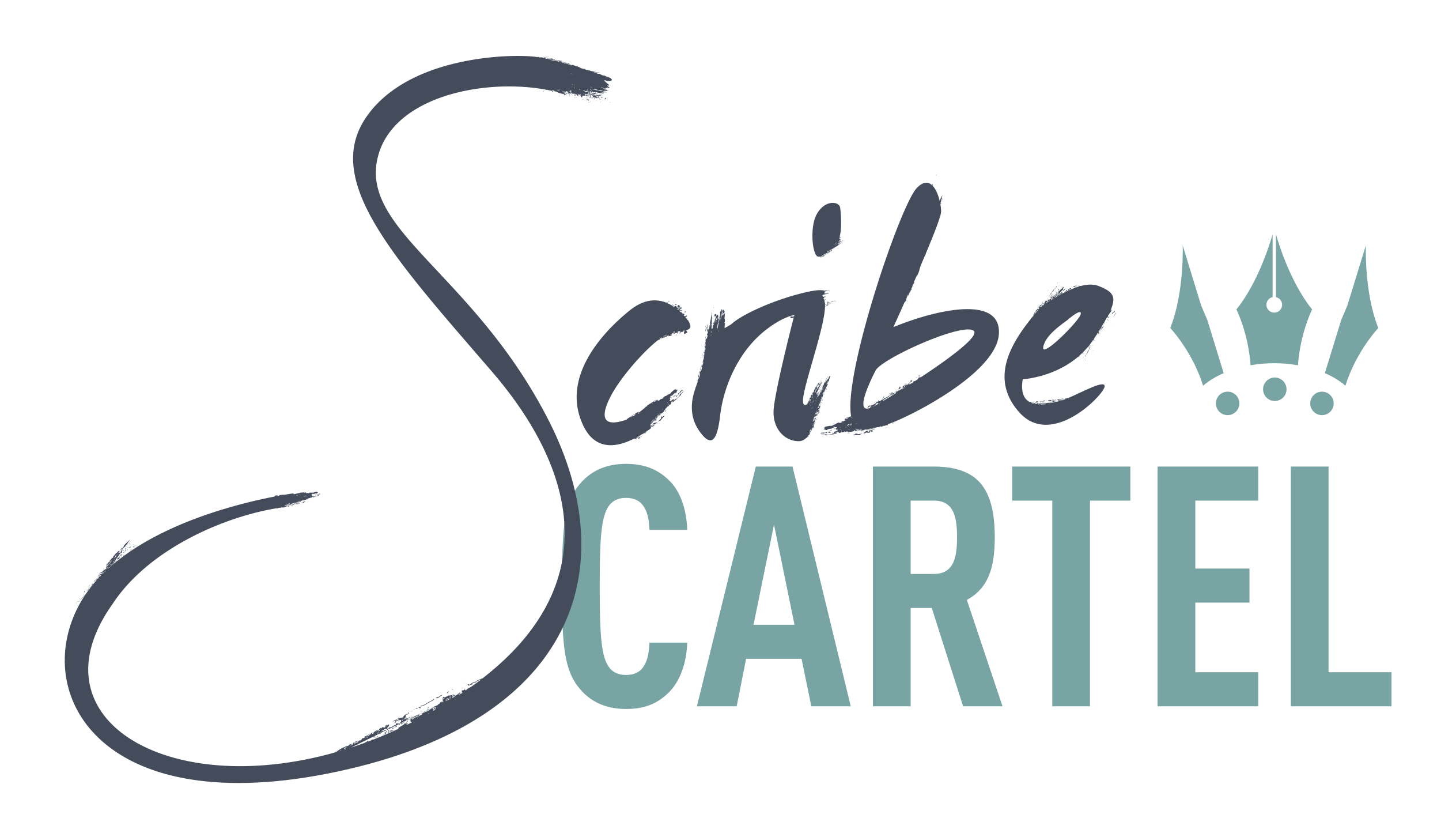I had [someone else] look it over, and she made some changes to make it easier for people to read. She says it’s supposed to be like talking to a 5th grader, came an email from a friend who is starting her own business and wanted me to review some content before she shared it. She’d had another marketing friend look at it first.
I replied, I’m inclined to disagree. The rule of thumb is to write for 8th-grade level for broad appeal and understanding, not 5th-grade, but neither is your target audience. The problem with this rule is that it dumbs down messaging and treats the reader like they’re stupid, and lyrical, evocative writing gets blended into bland to accommodate it.
It’s also another thing to think about that gets in the way of writing, which is disarming for newbies and those who find writing already difficult.
This rule’s roots originate in the 1940s with the advent of readability tests like Flesch-Kincaid, developed by Rudolf Flesch for the Associated Press to improve newspaper comprehensibility and assess government documents in the US military. These formulas assigned grade levels based on sentence length, word complexity, and other factors.
While the Flesch Reading Ease score existed, it wasn’t widely used or standardised outside government publications. With the internet’s emergence in the 1990s, the rule picked up steam again with easily digestible deemed necessary for online content.
While not inherently more complex than reading physical texts, screen reading requires different eye movements and cognitive processes. Text size, font, and layout can affect reading fluency, which has influenced the need for more concise and visually appealing formats. Studies have shown:
- We naturally tend to skim-read on-screen
- We learn and retain information better by reading from paper
- We are drawn to information that’s easy to understand and navigate over dense and academic writing.
Simple Doesn’t Always Mean Better
Flesch tests hold merit for writing in clear English and keeping things punchy by avoiding wordiness, especially in the instance of law, insurance, and other technical information when your audience is ordinary folks. That’s one of the key things here and exactly what I said to my friend. Audience. Who is this for is the part of the 101 of writing that resonates.
The world and the way we engage have drastically changed since Flesh-Klincaid times. We are more versed in terms of education and literacy compared to the population targeted by the readability scores, which focus solely on quantitative factors and ignore elements like voice, structure and flow that make something memorable and worth reading.
Treating everyone as having the same reading level is careless, deficient, and unhelpful. We’re underestimating our audience’s ability and hunger to handle complex topics or pigeonholing them into predictable reading and writing styles.
Focusing on sentence length and word complexity ignores the nuances of writing and has led us to widespread bland, formulaic content. My blogs often rank low on the Flesh test but are far from difficult reading. Do I rework it to get a green light on my WordPress plug-in? If I love what I’ve written (I wouldn’t publish it otherwise) then fuck no. (Client work is a different story).
I want readers to analyse and draw conclusions from the information, not just passively consume it. While clarity and conciseness are often the winning formula, this long-term push to simplify content for quick consumption and appease high Flesch scores and search engine rankings undoubtedly influenced the decline in critical thinking and the inability to engage with complex topics we see en masse.

We Aren’t Nourished Or Sustained By Empty Calories
With our full lives, we have less time for deep dives into topics, necessitating more easily grasped content to be sipped during commutes or breaks. Our attention spans have allegedly shrunk, and social media platform algorithms prioritise short, attention-grabbing content that can be scarfed and barfed.
Most content marketing strategies also aim for broad appeal and accessibility to help them reach a wider audience and increase engagement, giving more life to drive-thru-happy-meal formats and conversing inside echo chambers.
By only experiencing soundbites of surface-level knowledge, we’re neutering the desire for deeper understanding. When analysis and questioning can’t be succinctly explored, this is our opportunity to invite your audience to go deeper with you (your website, community forum, Substack, YouTube, etc.) and engage further.
Time Honoured Writing Tips
I also told my friend, forget the rules when drafting and apply the ones that resonate when editing. When I say writing rules, I mean traditional ones like writing in an active voice, minimising adverbs, removing filler words and finding synonyms for jargon and commonly used terms.
If you love (or at least like) what you’ve written and it feels like you, forget test scores and appeasing algorithm Siths and hit publish.


